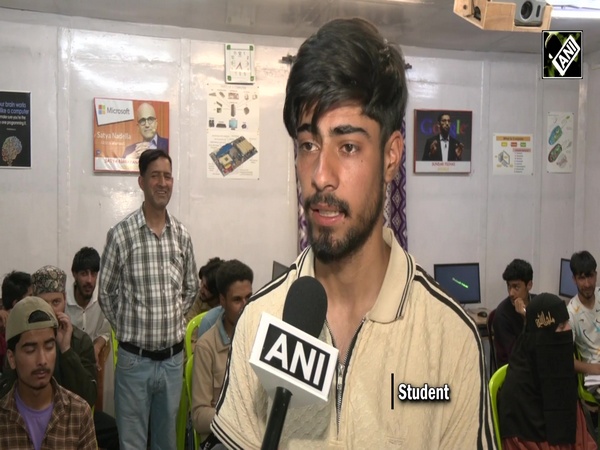Researchers from IIT Roorkee develop novel multi-model nanobiotic platform to combat bacterial pathogens
May 12, 2022

Roorkee (Uttarakhand) [India], May 13 : Surmounting the challenge to develop a novel arsenal against bacterial pathogens remains formidable, a research team from the Indian Institute of Technology (IIT) Roorkee employed a strategy to develop a multimodal nanobiotic platform which combats bacterial pathogens.
According to a statement issued by IIT Roorkee, the nano platform leverages the synergistic antibacterial activity of a food-grade peptide (an antimicrobial peptide from Generally Recognized As Safe- GRAS category bacterium, Pediococcus pentosaceus) to mitigate multidrug-resistant bacterial pathogens. The technology platform has been shown to have applications in the health sector and food packaging, it said.
As per the statement, all animal experiments were conducted in compliance with the Institutional Animal Ethics Committee of the IIT Roorkee, according to the guidelines of the Committee for the Purpose of Control and Supervision of Experiments on Animals (Government of India, New Delhi).
Professor Ajit K Chaturvedi, Director, IIT Roorkee, said, "I would like to congratulate the research team at IIT Roorkee for their novel idea towards developing a vehicle to mitigate persistent bacterial infections. This will open up new avenues for combating a wide range of pathogens in the health or food sector."
Speaking about the concept, Professor Naveen Kumar Navani, Department of Biosciences and Bioengineering and Adjunct Faculty, IIT Roorkee, highlighted, "Pd-SNPs, a nano bionic platform serving a variety of biomedical uses, display unprecedented advantages because they are heat-resistant, retain antibacterial activity in human serum, and alleviate vancomycin-intermediate Staphylococcus aureus (VISA) infection in the mouse model."
"In addition, Pd-SNPs wrapped in biodegradable nanofibers mitigated Listeria monocytogenes in cheese samples. It is interesting that the synergistic interaction of SNPs with pediocin would also lead to a significant decrease in toxicity associated with silver ions, which is a critical criterion for biomedical applications," Navani said.
This research was supported by funding from Scheme for Transformational and Advanced Research in Sciences (STARS) initiative of the Ministry of Education, Government of India, added the statement.




















